Whether you're here for a week or a year, you may be wondering: is Paris safe?
The short answer is yes, with qualifications. Paris is by and large a safe city for tourists and visitors, but as with any major destination, there are certain things you should be aware of.
A useful tip: bring your iRoamly France travel eSIM, it’s a convenient way to stay connected and access important safety information or maps while exploring the city.
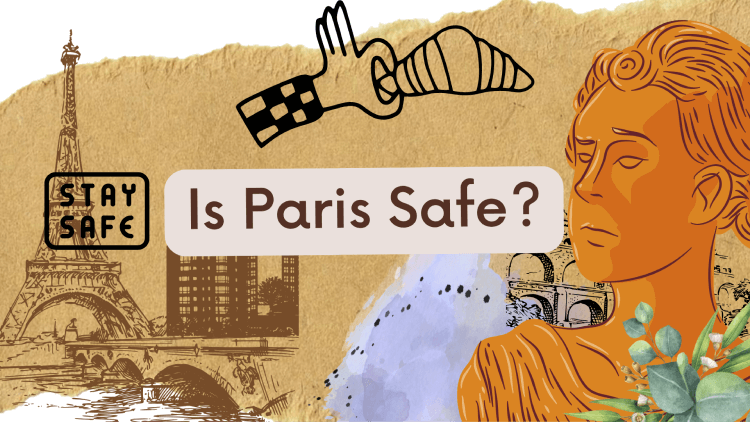
Safety Tips for Visiting Paris
Before we get into the details, here are a few simple factors to keep in mind for your visit to Paris, so that you can make sure you stay safe as well as make the most of it.
Watch For Pickpockets
Pickpocketing is likely the most widespread threat to your safety on the streets of Paris, particularly in crowded areas, on public transport, or in bustling markets. Pay attention, keep your possessions close, and try to avoid carrying too much cash. If possible, keep your wallet and phone in a secure inside pocket of a jacket or coat, rather than an easily accessible bag or pocket.
Use a Bank Card
Not only is this a safer approach to carrying around large amounts of cash, it's often safer nowadays. Many places in Paris accept contactless payments with bank cards, making everything from visiting museums to buying a freshly cooked crepe even more convenient. And, when exchanging French currency, using a card can help you avoid high exchange fees at kiosks and ensure a more secure transaction.
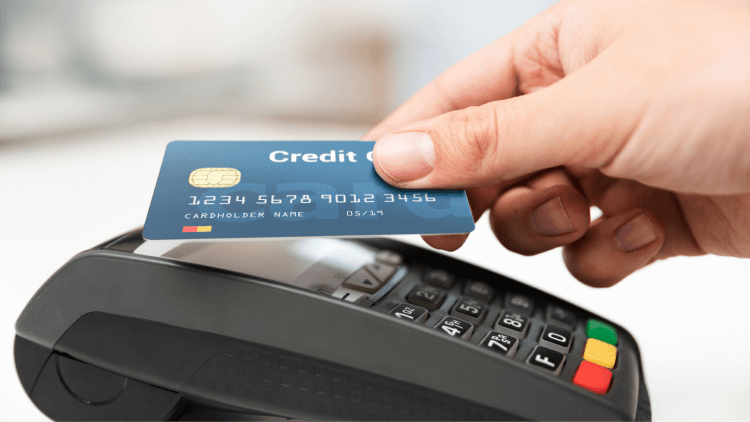
Be Wary: The Petition Scam
Most Parisians are friendly and welcoming, but some bad actors exist who will try to take advantage of tourists' generosity. One common scam in Paris sees men and women approach you to sign a petition – don't engage, as they will likely be trying to pick your pockets at best. Similarly, be cautious of people trying to sucker you into a game of bonneteau, the 'find the pea under the cup' street hustle.
Never Leave Your Bags
It can be easy to let your guard, and your bags, down as you sit at a café or stand on a metro platform, but try to make sure that your bags are close to you – under an arm, or sitting directly in front of you if possible. Don't leave your luggage unattended, such as at your feet or on a café chair, either. It's too easy to swipe.
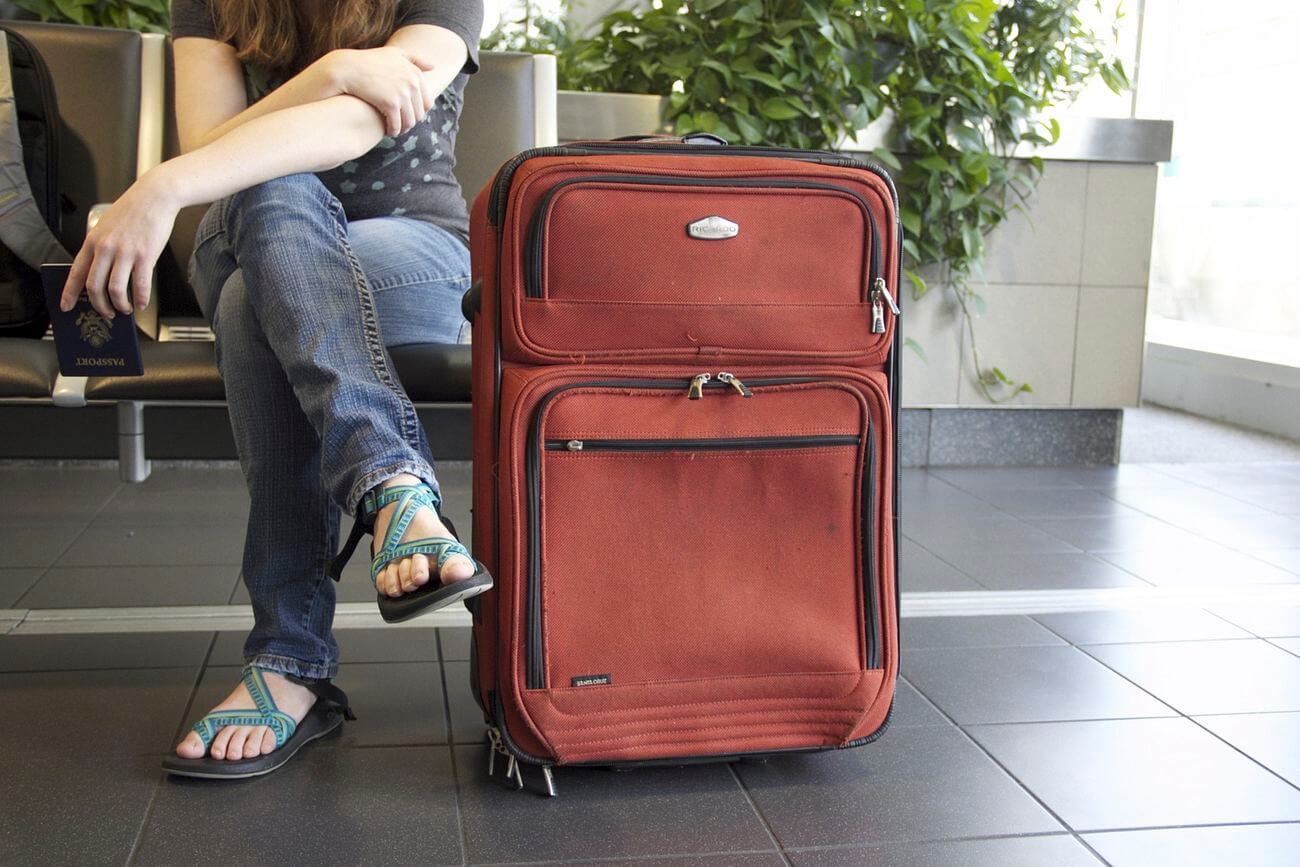
Photocopy Your ID Card
Should your ID or passport be lost or stolen, having a photocopy will make life much easier for you if you need to report the matter to the authorities or your embassy. Better safe than sorry!
Report Losses Immediately
If the worst happens and you lose valuable items – your ID card, a bank card – contact French police sooner rather than later. On ground level, the police generally file reports for missing property, but they can be crucial in recovering or protecting your identity from being used by crooks, too.
Emergency Numbers: Know Who to Call
If you are ever in danger or need assistance, remember that the emergency number in France is 112, dialable for police, fire, and medical emergencies. We would suggest saving the number on your phone.

Use SAVE to make a report in your language
If you need to make a report to the police in your own language, there is an online tool called the Foreign Victims Assistance System (SAVE). You will then receive a receipt in your own language, which may help facilitate administrative processes at your embassy.
If You Live In Paris, Avoid Four Areas At Night
Paris is a relatively safe city, but as with any major metropolis there are certain areas you might want to avoid, particularly at night. If you are new to the city or unfamiliar with local neighborhoods, here are some of the areas you might want to steer clear of.
Le 10ème (10th District) – Gare du Nord and Gare de l'Est
Both of these train stations can be hectic – even chaotic – in the late hours, and the surrounding neighborhoods a hotbed for pickpocketing and scam merchants. Things can get boisterous after dark, too. If you must pass through the area, stay alert and avoid too much aimless wandering, especially on foot.
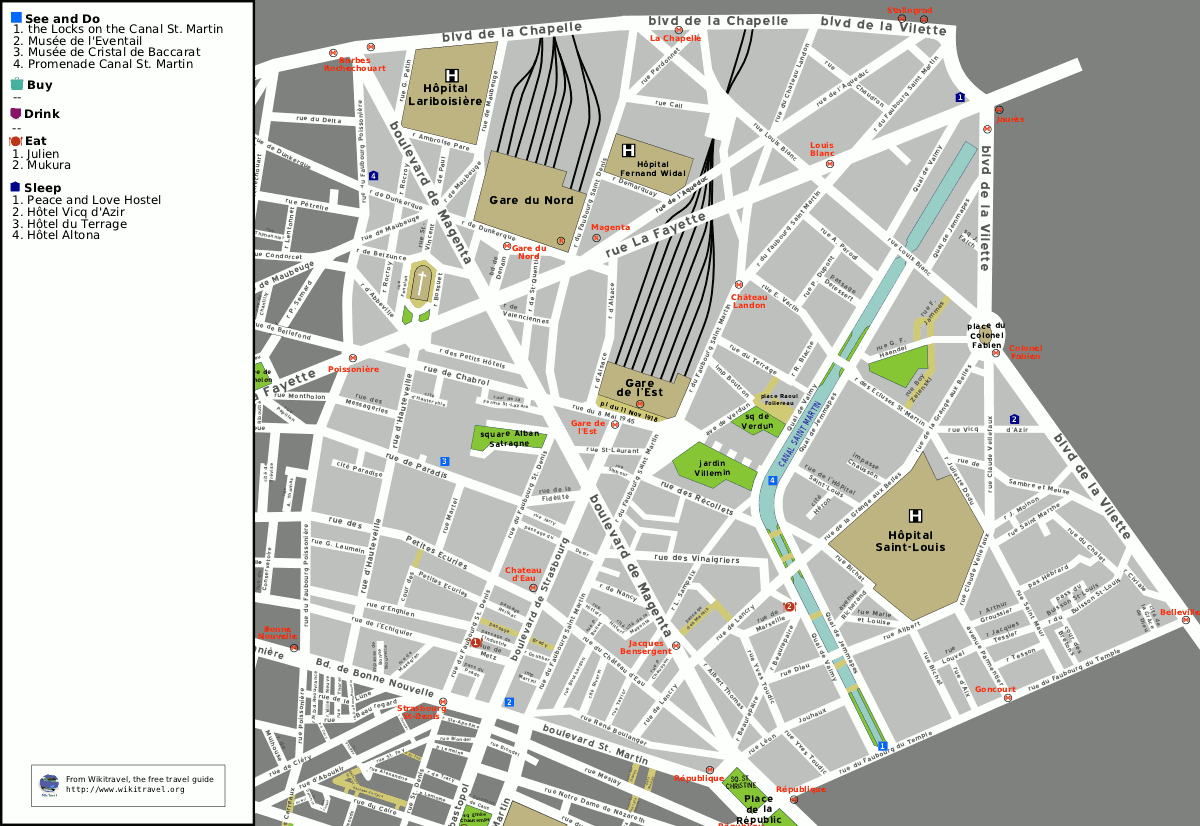
Le 18ème (18th District) – Barbès, Pigalle, Red Castle
The former two are better known for nightlife than any danger, but there is an unsavory underbelly in these neighborhoods. Seek out the plethora of great bars and clubs for a good time, but be aware that street crime is more prevalent here. Don't stray off well lit, busy streets and you should be fine.
Le 19ème (19th District) – Stalingrad and Jaurès (Ouest), Danube and Mouzaïa (Est), Cambrai (Nord)
The 19th is arguably the worst district that Paris has to offer in terms of safety, although Stalingrad and Jaurès – in the W and Cambrai in the N aren't the best, either. Petty thefts are common – muggings less so – but still a possibility. Do your best to keep a low profile when passing through or exploring these neighborhoods.
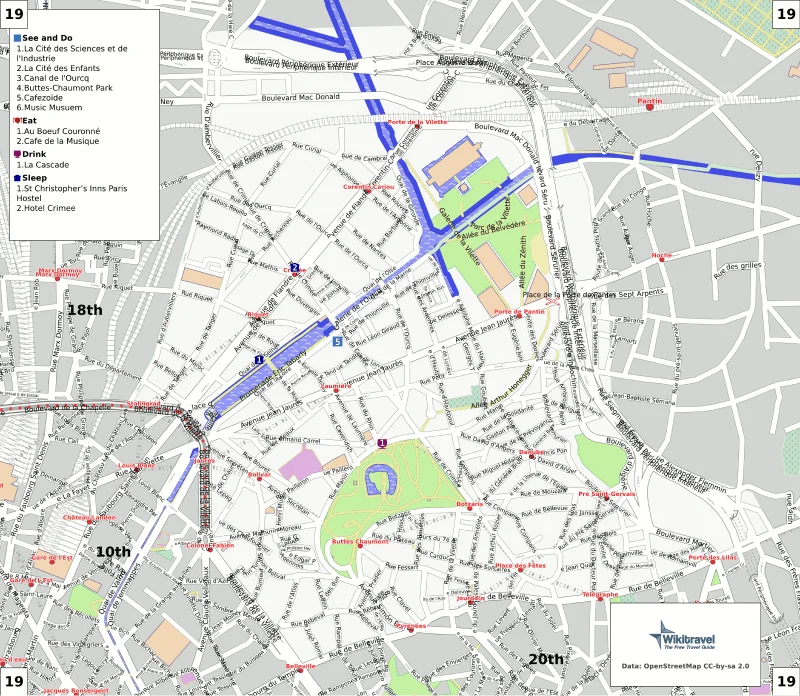
Chatelet Metro Station, Porte de Montreuil
As the main hub of the Paris Metro system, Chatelet sees a lot of foot traffic, and pickpockets are rife. It's not strictly speaking 'unsafe', but vigilance is always advised. Porte de Montreuil is another locale to avoid loitering around once darkness falls.
Final Thoughts
Paris is a beautiful city that millions of tourists fall in love with every year. It is, by and large, a safe city, but like anywhere, visitors should always be mindful of their surroundings and take basic precautions. If you're traveling in other French cities, you can also enjoy the romance of France by using common-sense tips, such as watching out for pickpockets, being alert to scam merchants, and sticking to well-populated, illuminated areas at night, without worrying about safety.
Summary
Paris is generally a safe place, and most visitors have no issues. But it is a large, international city, so it pays to be alert, especially in crowded areas, and to be cautious if visiting certain parts of the city at night. By keeping your wits about you, staying aware of dubious individuals, and knowing where to turn in an emergency, you can enjoy a hassle-free trip to the iconic French capital.
